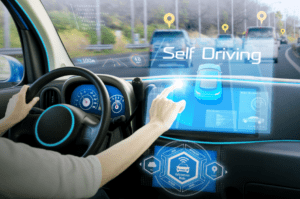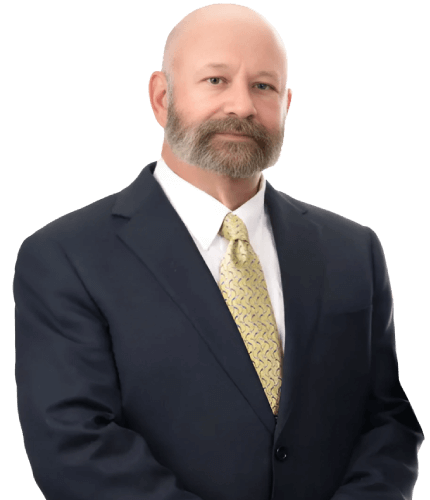
In recent years, self-driving cars have emerged as a potential solution to reduce accidents and make our roads safer. However, as this technology continues to evolve, questions arise about the legal responsibility when accidents involving self-driving cars occur. Can individuals sue self-driving car manufacturers for damages? What legal grounds exist for such legal actions?
We’ll will explore these complex issues to provide you with valuable insights into the legal landscape surrounding self-driving car accidents.
The Potential of Self-Driving Cars
Self-driving cars hold immense promise to revolutionize transportation by eliminating human errors that contribute to most accidents. Equipped with advanced sensors, cameras, and artificial intelligence, these vehicles aim to create a safer and more efficient road environment. However, despite their potential benefits, accidents involving self-driving cars can still occur under specific circumstances.
Examining Legal Grounds for Lawsuits
While self-driving car manufacturers strive to ensure the highest safety standards, accidents can happen due to various factors such as software malfunctions, sensor failures, or even human errors during the testing phase. In such cases, individuals may have legal grounds to pursue lawsuits against the manufacturers. Let’s delve into some notable incidents that have sparked legal debates and shed light on the complexities of suing self-driving car manufacturers.
The Uber Self-Driving Car Accident in Arizona
The tragic accident involving an Uber self-driving car in Arizona highlighted the potential risks associated with this emerging technology. The incident raised questions about the liability of both the vehicle’s manufacturer and the backup driver who failed to intervene promptly. Legal proceedings following this accident shed light on the complexities of determining fault and the degree of responsibility shared among multiple parties.
The Tesla Autopilot Accidents and Recall
Tesla’s Autopilot feature, which offers advanced driver-assistance capabilities, has faced scrutiny following several accidents. These incidents prompted investigations into whether Tesla adequately communicated the limitations and requirements of using Autopilot. The legal implications of these accidents have sparked discussions about the responsibility of manufacturers in ensuring proper user education and system limitations.
The Waymo Self-Driving Van Crash in Arizona
In another notable incident, a Waymo self-driving van was involved in a collision in Arizona. The accident raised questions about the technology’s ability to handle complex traffic situations and the responsibility of manufacturers to ensure their vehicles can navigate challenging scenarios safely. Legal considerations in cases like this often revolve around the adequacy of testing, development protocols, and the accuracy of safety claims made by manufacturers.
The Role of Legal Experts
The National Highway Traffic Safety Administration (NHTSA) spent two years investigating whether Tesla’s Autopilot system adequately ensure drivers pay attention. Its study prompted the recent recall of 2 million of the automaker’s vehicles on U.S. highways.
Navigating the legal landscape surrounding self-driving car accidents requires the expertise of legal professionals specializing in this emerging field. Attorneys with knowledge in product liability, personal injury, and technology law can assist individuals who seek compensation for damages resulting from self-driving car accidents. These legal experts analyze the circumstances of each case, gather evidence, and build compelling arguments to hold manufacturers accountable for their products’ safety.
Conclusion
If you find yourself in a situation where you believe a self-driving car manufacturer should be held accountable for an accident, consulting an experienced Plantation car accident lawyer is crucial. Legal experts can guide you through the intricate process of filing a lawsuit, ensuring your rights are protected and seeking the compensation you deserve.

